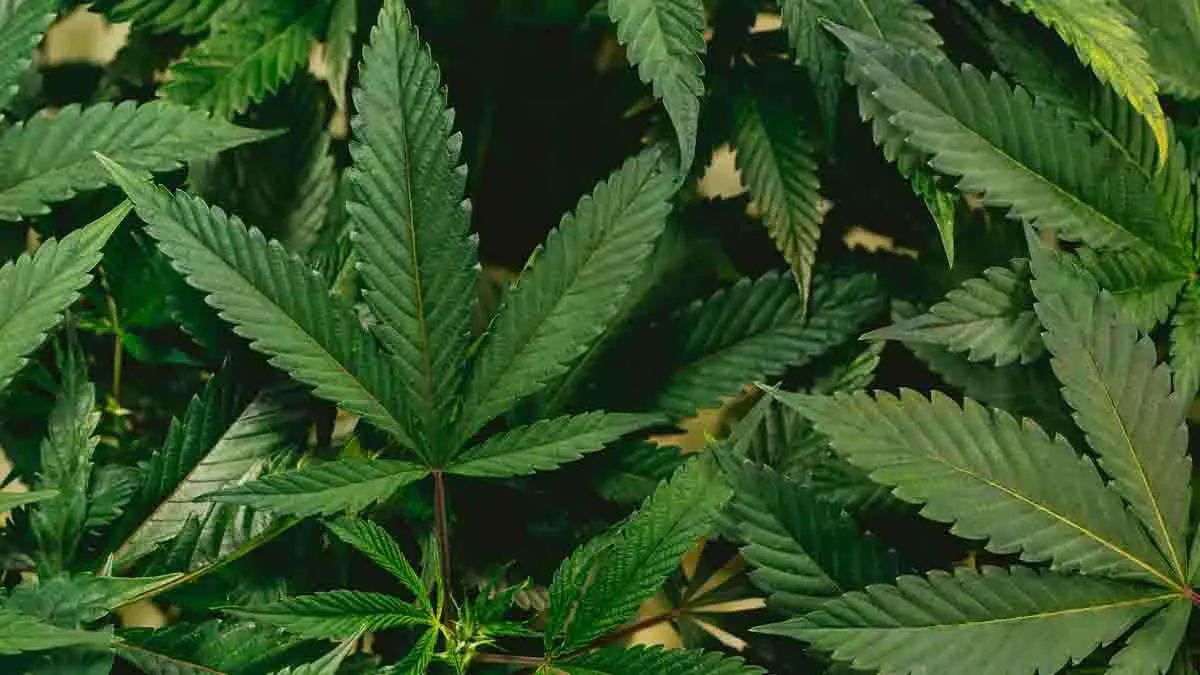Why does my coffee look cloudy
For many coffee enthusiasts, a perfect cup of coffee is about more than just the taste. Cloudy coffee is unappealing and raises quality concerns. In this article, we will look at some of the reasons why coffee may appear cloudy, as well as some tips for improving the clarity of your cup of coffee.
Possible Reasons for Cloudy Coffee

Several factors can contribute to cloudy coffee. Some of the possible reasons include the following:
- The role of coffee oils and micro-fines: Coffee contains oils and micro-fines, which are tiny coffee particles that can cling to the surface of the brew. These particles can contribute to the cloudiness of coffee.
- Water quality: The clarity of coffee can also be affected by the quality of the water used to brew it. Cloudiness can be caused by hard water or water with high mineral content.
- Roasting and brewing methods: The clarity of coffee can be affected by how it is roasted and brewed. The amount of oils and micro-fines in coffee can also vary depending on the brewing method.
The Role of Coffee Oils and Micro-fines

Coffee oils and micro-fines can both contribute to cloudiness. These particles are produced during the grinding process and may remain in the coffee after brewing. Coffee oils are essential for coffee flavour, but too much can cause cloudiness. Furthermore, the amount of oils and micro-fines in coffee beans can vary depending on their age. Use a coarser grind and brew with a paper filter to reduce the amount of oils and fines in your coffee.
Water Quality
The clarity of coffee can also be affected by the quality of the water used to brew it. Cloudiness can be caused by hard water or water with high mineral content. Water with a pH level outside the optimal range of 6.5 to 7.5 can also affect coffee clarity. Consider using a water filtration system or purchasing bottled water to improve your water quality.
Roasting and Brewing Methods
The amount of oils and micro-fines in coffee can vary depending on how it is roasted and brewed. Dark roast coffee contains more oils than light roast coffee, which can cause cloudiness. Due to the presence of coffee oils and micro-fines, the French press and espresso brewing methods can also contribute to cloudiness. Use a pour-over or drip coffee maker to prepare clearer coffee.
Conclusion
Cloudy coffee may be unappetizing, but it is usually harmless. Different brewing methods and water sources can address the factors contributing to cloudiness. Finding the perfect cup of coffee requires experimentation and exploration. You can enjoy a satisfying cup of coffee every time by understanding the potential causes of cloudy coffee and taking steps to improve its clarity.
FAQ
A: Cloudy coffee can be caused by various factors, including the presence of coffee oils and micro-fines, the roasting and brewing methods used, and the quality of the water.
Q: What are coffee oils and micro-fines?
A: Coffee oils are natural oils extracted from coffee beans and released during the grinding process. Micro-fines are tiny coffee particles that can cling to the surface of the brew.
Q: Can coffee oils and micro-fines be harmful?
A: Coffee oils and micro-fines are safe to consume. They can, however, contribute to the cloudiness of coffee and may affect its taste.
Q: How can I reduce the amount of coffee oils and micro-fines in my coffee?
A: Use a coarser grind and brew with a paper filter to reduce the amount of coffee oils and micro-fines in your coffee.
Q: Can water quality affect the clarity of coffee?
A: Yes, the clarity of coffee can be affected by the quality of the water used to brew it. Cloudiness can be caused by hard water or water with a high mineral content.
Q: How can I improve the quality of water used to brew coffee?
A: Consider using a water filtration system or purchasing bottled water to improve the quality of the water used to brew coffee.
Q: Can roasting and brewing methods affect the clarity of coffee?
A: Yes, how coffee is roasted and brewed can influence the amount of oils and micro-fines in the coffee, which may contribute to cloudiness.
Q: What brewing methods produce clearer coffee?
A: Pour-over and drip coffee makers are two types of brewing methods that can produce clearer coffee. Due to the presence of coffee oils and micro-fines, the French press and espresso brewing methods can also contribute to cloudiness.
Q: Is cloudy coffee harmful to drink?
A: Drinking cloudy coffee is not harmful. However, it may have an impact on the taste and appearance of the coffee.







